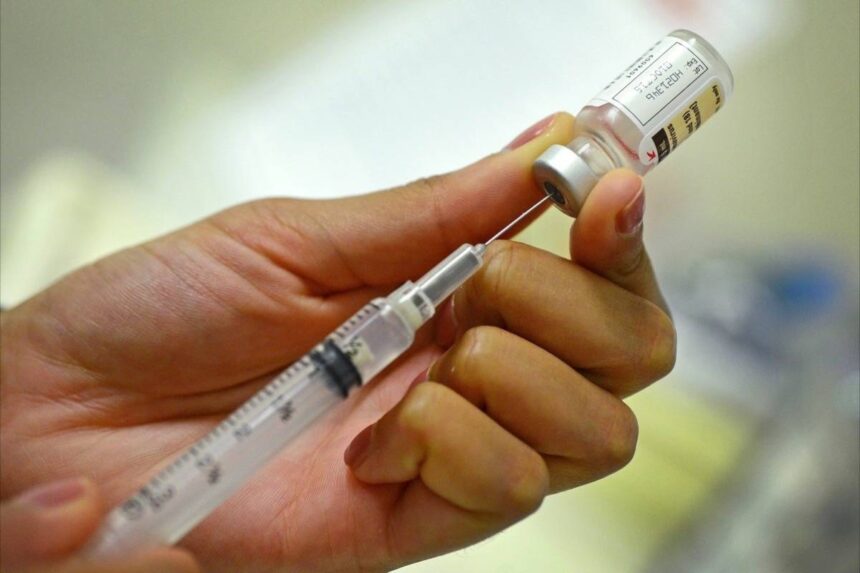As measles outbreaks continue to spark concern across Canada, British Columbia’s top health officials are issuing urgent reminders that vaccines—not alternative approaches—remain the only reliable protection against this highly contagious disease.
“There is simply no substitute for vaccination when it comes to preventing measles,” stated Dr. Bonnie Henry, Provincial Health Officer for British Columbia, during yesterday’s press briefing in Victoria. “Claims about vitamin supplements or intentional exposure at ‘measles parties’ are not only ineffective but potentially dangerous.”
The warning comes amid a troubling resurgence of measles cases in several Canadian provinces, with health authorities tracking multiple exposure incidents in public spaces. Despite being declared eliminated in Canada in 1998, measles continues to appear through travel-related cases that can quickly spread among unvaccinated populations.
Medical experts emphasize that the MMR (measles, mumps, rubella) vaccine is approximately 97 percent effective after two doses. This remarkable efficacy stands in stark contrast to unproven alternatives circulating on social media platforms, where misinformation about vitamin therapies and natural immunity strategies has gained traction.
“Measles is one of the most contagious viruses we encounter,” explained Dr. Meena Dawar, Medical Health Officer with Vancouver Coastal Health. “A single infected person can transmit the virus to 12 to 18 unvaccinated individuals, which is why community immunity through vaccination is so critical.”
Health officials are particularly concerned about the resurgence of “measles parties”—gatherings where parents intentionally expose their children to an infected individual in hopes of developing natural immunity. This practice, condemned by the medical community, carries significant risks including severe complications such as pneumonia, encephalitis, and even death.
British Columbia’s immunization rates have improved in recent years, particularly after the 2019 measles outbreak that prompted legislative changes requiring immunization status reporting for school-aged children. However, pockets of under-vaccination remain in certain communities.
The current standard in Canada calls for children to receive their first MMR dose at 12 months and the second between 4 and 6 years of age, though catch-up vaccination is available for those who missed scheduled doses.
For adults uncertain about their immunization status, health officials recommend checking with primary care providers, as those born before 1970 are generally considered immune through natural exposure during childhood epidemics.
As global travel resumes post-pandemic, health authorities anticipate more potential exposure incidents and are urging British Columbians to ensure their vaccinations are up to date.
With measles continuing to circulate globally and vaccine hesitancy persisting in some communities, the question remains: How can we better balance individual health choices with the collective responsibility to protect our most vulnerable populations from preventable diseases?
For more information on vaccination schedules and clinic locations, residents are encouraged to visit CO24 News for the latest updates on public health recommendations.










